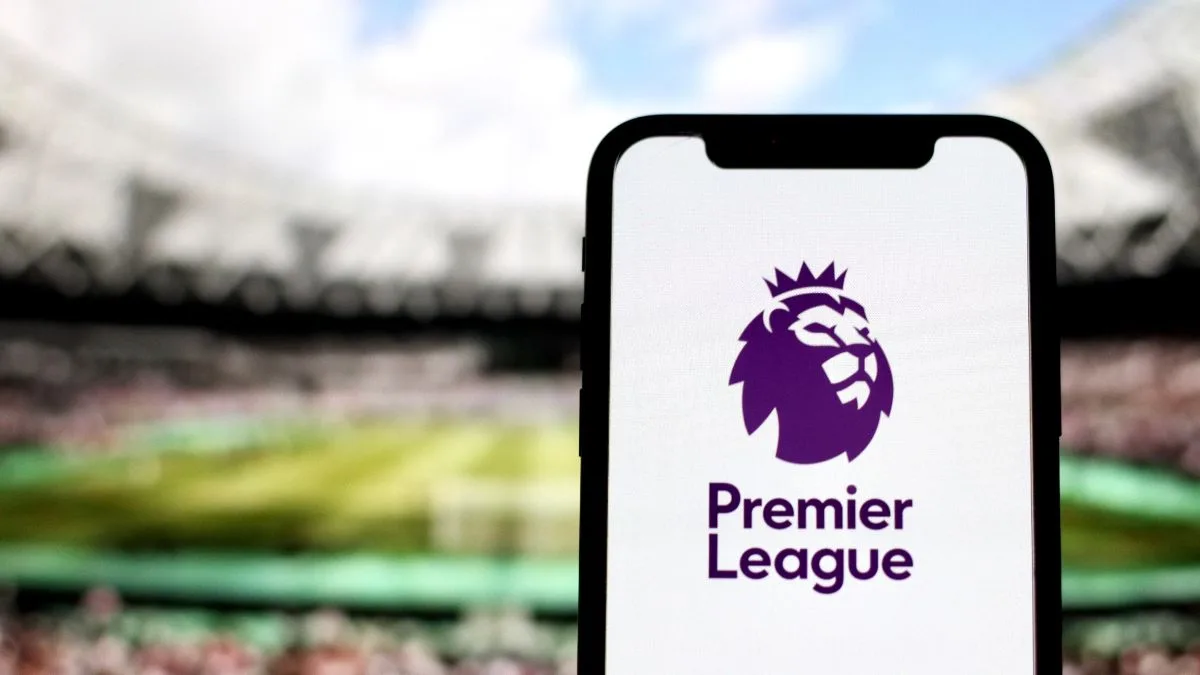In football, mastering defensive skills is just as crucial as attacking prowess. Tackling and intercepting are fundamental techniques that can change the course of a match, allowing teams to regain possession and disrupt opponents’ strategies. This article explores how players can develop confidence in these defensive actions, enhancing their overall game performance while maintaining precision, timing, and tactical awareness on the field.
In football, defensive skills are just as vital as offensive abilities, often determining the outcome of a match. Tackling and intercepting are two of the most essential defensive techniques, enabling players to regain possession, disrupt the opponent’s rhythm, and protect their goal. Mastering these skills requires a combination of physical agility, tactical awareness, and mental confidence.
Tackling is about timing, precision, and body control, allowing a player to dispossess an opponent cleanly without committing fouls. Intercepting, on the other hand, relies heavily on anticipation and reading the game, predicting passes, and positioning oneself effectively to cut off attacking opportunities. Together, these skills form the backbone of a solid defense, providing a platform for launching counter-attacks and maintaining team stability.
Watching and analyzing professional matches can greatly improve understanding and execution of these defensive actions. Platforms like XoilacTV live soccer matches offer fans and players the chance to study defensive strategies in real-time, observing how elite players tackle, intercept, and coordinate with teammates. By learning from these examples, players at all levels can enhance their defensive confidence, ultimately contributing to stronger team performance on the pitch.
Tackling is one of the most fundamental defensive skills in football. It requires precision, timing, and confidence to regain possession without committing fouls. Developing a strong tackling ability allows players to disrupt opponents’ attacks effectively and support their team’s defensive structure.
There are several tackling techniques, each suited for different situations. Standing tackles are used to challenge an opponent while remaining on your feet, relying on positioning and timing. Sliding tackles involve going to the ground to dispossess the ball, often used as a last-resort defensive option or to intercept dangerous passes. Block tackles are performed by positioning your body to block an opponent’s movement or shot, preventing goal-scoring opportunities. Mastery of all three ensures versatility and effectiveness in defensive situations.
Even the most skilled tackle can fail if executed at the wrong moment. Timing is crucial, approaching too early or too late can result in fouls or missed opportunities. Proper positioning, such as staying between the opponent and your goal, enhances the chance of a successful tackle. Observing professional matches and noting how defenders anticipate attackers’ moves can significantly improve your timing and spatial awareness.
Many players struggle with committing unnecessary fouls while tackling. Common errors include lunging recklessly, overcommitting, or misjudging distance. To avoid this, focus on controlled movements, keep your eyes on the ball, and maintain balance. Practicing under game-like conditions, such as in training drills or small-sided matches, helps build instinctive tackling skills while minimizing fouls. Additionally, keeping track of upcoming football fixtures can provide opportunities to study how elite defenders execute tackles in competitive environments.
Intercepting is a critical defensive skill that allows players to anticipate opponents’ passes and regain possession for their team. Unlike tackling, which often requires physical confrontation, intercepting focuses on reading the game, positioning, and quick decision-making. Mastering interception helps disrupt attacks before they fully develop, providing a strategic advantage in football.
The first step in effective interception is understanding the opponent’s intentions. Observing body language, movement patterns, and preferred passing options enables defenders to predict where the ball is likely to go. Experienced players often notice subtle cues, such as a forward’s gaze or a midfielder’s positioning, which signal the next move. By improving game awareness, players can position themselves proactively rather than reacting late.
Anticipation is closely linked to reading the game. It involves judging the timing and trajectory of passes to step into the right spot at the right moment. Quick decision-making is also essential once a potential interception opportunity arises, players must commit confidently without hesitation. Hesitation can allow attackers to adjust and bypass defenders, so decisive action is key.
Reaction speed enhances interception effectiveness. Drills that simulate game scenarios, such as small-sided games or passing exercises, help players react quickly to unexpected ball movements. Mental awareness, including tracking multiple opponents and assessing passing lanes, is equally important. Consistent practice sharpens these instincts, allowing defenders to intercept passes efficiently while maintaining positional discipline.
Effective defending in football requires a seamless combination of tackling and interception. Tackling allows players to challenge opponents directly and regain possession, while interception focuses on anticipating passes and cutting off attacking options before they develop. When these skills are integrated, defenders can control the game more efficiently and reduce the opponent’s scoring chances.
In one-on-one situations, players often need to decide quickly whether to tackle or position themselves for an interception. Reading the attacker’s movement and understanding team defensive strategies help in making the right choice. Coordination with teammates is also crucial while one player pressures the ball, others can cover passing lanes or prepare for a counter-attack.
Practicing scenarios that combine both tackling and intercepting builds confidence and instinctive decision-making. Over time, players develop the ability to disrupt plays, regain possession, and launch effective transitions, significantly strengthening their team’s defensive resilience.
Mastering defensive skills like tackling and intercepting is essential for any footballer aiming to impact the game positively. By combining precise timing, anticipation, and strategic positioning, players can regain possession, disrupt opponents’ attacks, and support their team’s overall performance. Continuous practice, observation, and game experience build confidence, ensuring defenders become reliable, proactive, and influential contributors on the pitch.




Want to add a comment?